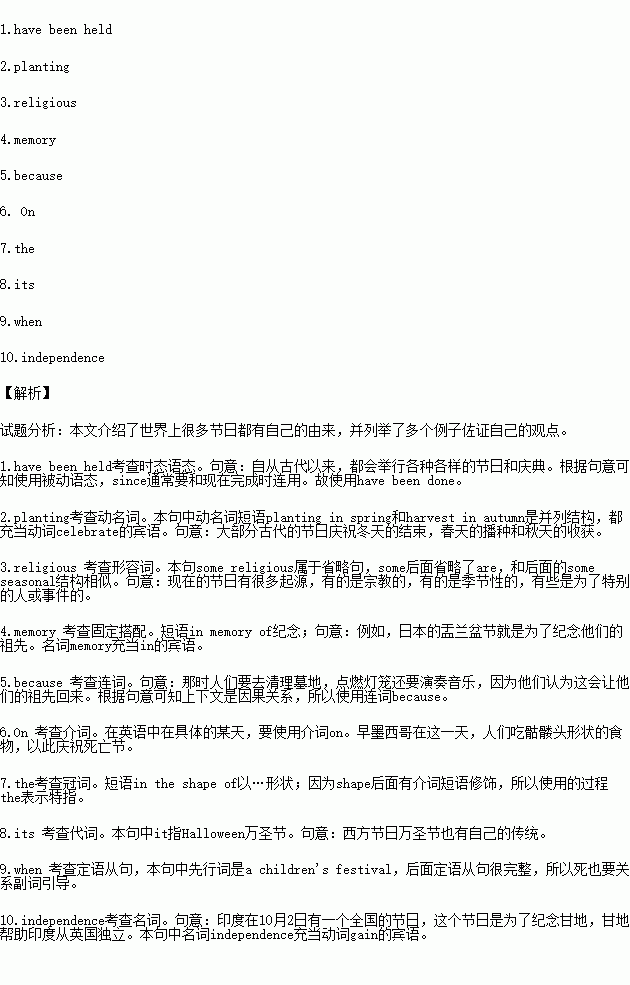Attitudes Wired in Happy and Successful Brains
I’ve carefully examined happy and successful people from all different professions —actors, scientists, comedians, musicians, etc. They share very similar philosophies. Here are some of the fundamental attitudes and beliefs that contribute to their happiness and success:
◆ ①
This is one of the most commonly recited mottos in self-improvement. Individuals who see their mistakes and failures as a learning experience are much more prone to happiness and success.
When we adopt the belief that “failure is a part of learning,” we become more resilient and courageous in the face of new challenges.
Instead of avoiding situations where we may embarrass ourselves, we embrace these challenges in life, even when we know they can be risky and painful. When we do fail, we don’t see it as the end of the world, but a point to improve upon.
◆ ②
Many people are great at finding problems and being critical about their lives; however, they do this without ever suggesting a possible solution or alternative to their situation.
They complain about this and that, but they never take an active role to actually improve these things. They focus on problems not to learn from them or fix them, but to make excuses for why their lives are miserable and unpleasant.
I believe acknowledging problems in life is important. I don’t recommend that we ignore things in our life that disturb us or make us unhappy. However, it’s also important to think of ways we can actually respond to these problems and change our circumstances.
Ruminating over problems in our life without a plan to take action is not only a waste of time, but it makes us even more sad and depressed. If you’re going to be critical about something in your life, focus on the ways you can actually make a difference.
◆ ③
Happy and successful people are incredibly grateful for their lives and everything they have: their relationships, their home, their job, their possessions, their talents, their achievements, etc.
Although successful people are often thought of as always hungry and striving – always trying to improve things, achieve their goals, and make things better – this inner drive doesn’t take away from the fact they are very happy and content with their lives.
Gratitude is an irreplaceable characteristic of true happiness and success. Even if we achieve great things in life, without gratitude we often find ourselves empty and discontent. Make sure you take the time to reflect on how lucky you are as a person (I believe everyone can find something to be grateful for).
◆ ④
Happy and successful individuals know that we can learn a lot from other happy and successful individuals. Having peopled to look up to is a great resource for learning the beliefs and habits that contribute to other people’s success, and then modeling those beliefs and habits in our own lives.
If you want to improve a particular area of your life, then find a couple of people who already excel in that area of life. Study them. Ask them questions. Have them show you their technique and share their stories.
The more willing you are to learn from others, the more successful you will be. Talking and listening to others is one of the best ways to get more perspective into what you want to improve in life — and how you can do it.
Please add a comment at the bottom of this page or blog in our forum here. Please do not use apostrophes in your comments.
1.What does the underlined word “resilient” in Paragraph 3 probably mean?
A. depressed B. regretful
C. romantic D. flexible
2.The author thinks if one merely focuses on problems, he’ll ________.
A. find out a way to solve problems
B. ignore complaints about problems
C. use the problems as his excuses
D. acknowledge and solve problems
3.People with gratitude ________.
A. feel satisfied with his life
B. stop struggling in life
C. owe success to their own talents
D. reflect on their achievements
4.The successful people may possess the following attitudes EXCEPT ________.
A. gratitude and belief
B. courage and risk
C. willingness and luckiness
D. fortune and convention
5.Choose the following sub-headings for Parts ①②③ and ④.
a. Learn from others b. Show your gratitude
c. Focus on solutions d. Learn from failure
A. a b c d B. d c b a
C. d a b c D. a c b d
6.Which of the following can be used to support the concept “Show your gratitude”?
A. “He is a wise man who does not sigh for the things which he has not, but appreciates for those which he has.”
— Epictetus
B. “We think too small. Like the frog at the bottom of the well. He thinks the sky is only as big as the top of the well. If he surfaced, he would have an entirely different view.”
— Mao Tse-Tung
C. “Keep away from people who try to belittle your ambitions. Small people always do that, but the really great make you feel that you, too, can become great.”
— Mark Twain
D. “Failure is the foundation of success, and the means by which it is achieved. Success is the hiding-place of failure; but who can tell when the turning-point will come?”
— Lao Tzu

